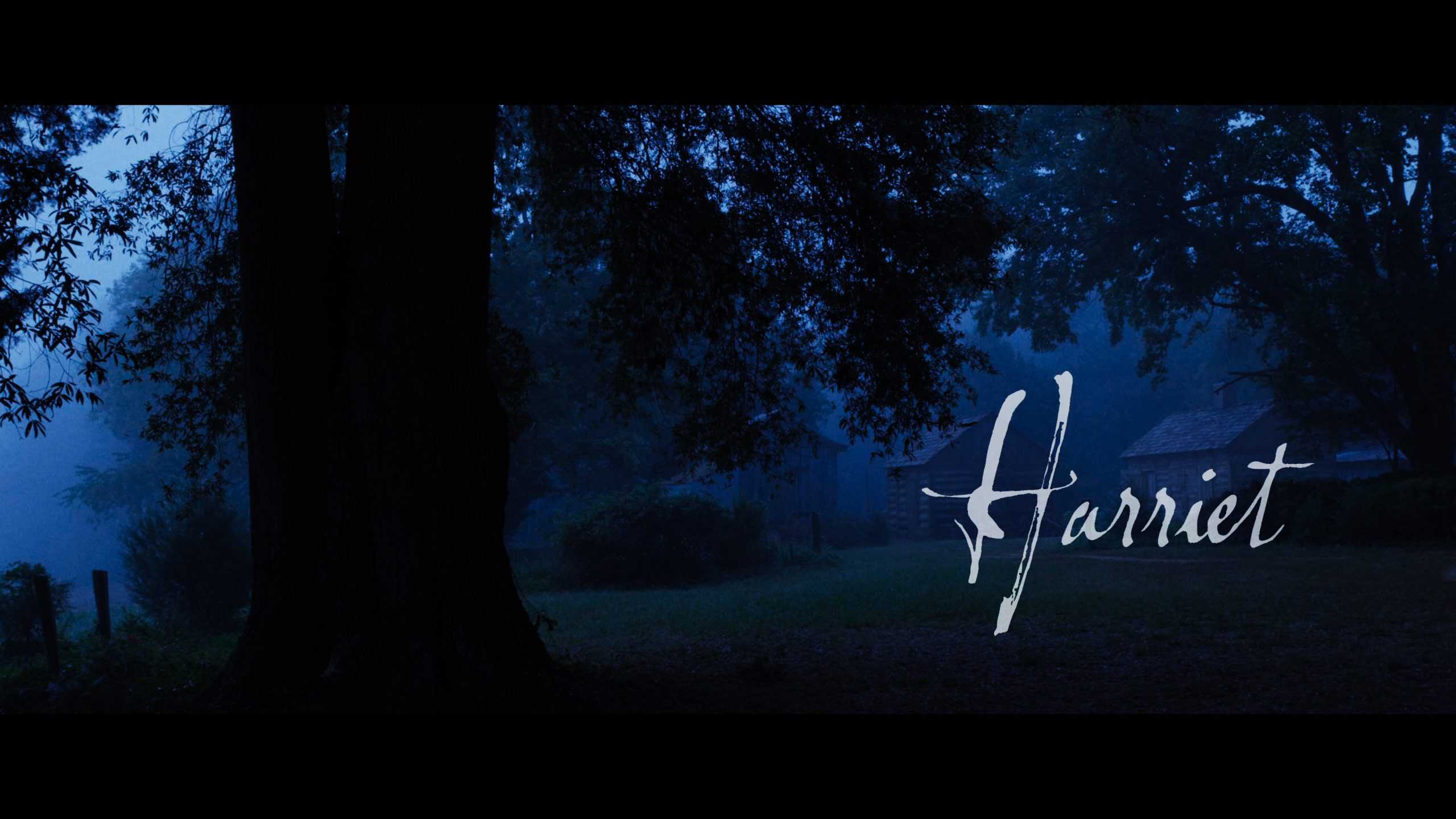As conversations about race, equality, and America’s historical relationship with slavery remain at the forefront of national discourse, the 2019 film “Harriet” emerges as both a timely and crucial cinematic endeavor. Under the direction of Kasi Lemmons and featuring Cynthia Erivo’s powerful performance, “Harriet” introduces audiences to the life of Harriet Tubman in a manner that’s been long awaited by the film industry. This isn’t just another movie; it’s a significant piece of art that deals with complex themes with the sensitivity and depth they deserve.
Table of Contents
![Harriet (2019) [4K UHD Review] 2 Harriet (2019) [4K UHD Review] 1](https://andersonvision.com/wp-content/uploads/2024/03/harriet-4k-2-scaled.jpg)
The Underground Railroad on Film
Erivo’s portrayal of the iconic figure at the heart of the Underground Railroad is nothing short of riveting. From the outset, as the film portrays Tubman’s grueling experiences under slavery, Erivo captures the essence of Tubman’s resilience and moral fortitude. This portrayal doesn’t merely showcase a historical figure; it brings to life a person of flesh and blood, whose decisions to return to the South to lead others to freedom were fraught with danger and sacrifice. Erivo’s performance is a deeply emotional journey that honors Tubman’s legacy by presenting her humanity in the face of inhumanity.
Erivo’s physical commitment to the role further enhances her portrayal. Whether navigating through dense woods to evade capture or experiencing the effects of a head injury that induced visions, Erivo embodies Tubman’s strength and vulnerability. This commitment allows the audience to see Tubman as a real, complex individual rather than a mere symbol. The film achieves a delicate balance by depicting Tubman’s monumental achievements without veering into hagiography, thanks in large part to Erivo’s nuanced performance.
![Harriet (2019) [4K UHD Review] 4 Harriet (2019) [4K UHD Review] 3](https://andersonvision.com/wp-content/uploads/2024/03/harriet-4k-3-scaled.jpg)
An amazing cast buoyed by Erivo
Supporting Erivo, the cast of “Harriet” delivers equally compelling performances. Janelle Monae, as Marie Buchanon, and Joe Alwyn, as Gideon Brodess, stand out among the ensemble. Their roles, along with those of Tubman’s parents played by Jennifer Nettles and Clarke Peters, add significant emotional depth to the film, setting the stage for Tubman’s harrowing journey from bondage to freedom.
The film excels not only in its performances but also in its technical aspects. Cinematographer John Toll’s work is immersive, capturing the 19th-century setting with a mix of stark realism and visual poetry, particularly during scenes depicting Tubman’s visions. The score, composed by Branford Marsalis, and original songs performed by Erivo, elevate the film’s emotional impact, underscoring Tubman’s heroism with fittingly epic musical arrangements.
However, “Harriet” is not without its flaws. The script, at times, falls into conventional biopic territory, lacking the complexity or narrative innovation that could have propelled the film into greatness. While these moments don’t significantly detract from the film’s overall impact, they represent missed opportunities to further deepen the exploration of Tubman’s life and legacy.
![Harriet (2019) [4K UHD Review] 6 Harriet (2019) [4K UHD Review] 5](https://andersonvision.com/wp-content/uploads/2024/03/harriet-4k-4-scaled.jpg)
Harriet gets better with time
Despite these criticisms, “Harriet” stands as a profoundly important film. Lemmons does not shy away from depicting the brutal reality of slavery while celebrating Tubman’s indomitable spirit. In an age where the consequences of slavery and racial injustice are being re-examined, “Harriet” serves as a vital reminder of the significance of Tubman’s life and the lessons it can teach us. It’s a film that not only illuminates a key figure in American history but also contributes to ongoing discussions about race, freedom, and the enduring impact of Tubman’s legacy.
Ultimately, “Harriet” is a testament to the power of cinema to bring pivotal historical figures to life, offering a lens through which we can understand our past and its relevance to our present. Erivo’s portrayal of Tubman is a career-defining performance that brings depth, dignity, and humanity to one of America’s greatest heroes. “Harriet” ensures that Tubman’s extraordinary life is celebrated not as a distant icon, but as a living, breathing individual whose courage and commitment to justice continue to inspire.
Through Lemmons’ direction and Erivo’s unforgettable performance, “Harriet” moves from the annals of history to take her rightful place in the pantheon of cinematic greatness, her story resonating with audiences and reminding us of the power of one person to change the course of history.
![Harriet (2019) [4K UHD Review] 8 Harriet (2019) [4K UHD Review] 7](https://andersonvision.com/wp-content/uploads/2024/03/harriet-4k-8-scaled.jpg)
Harriet comes to 4K UHD
Universal always does right by their recent releases getting the 4K UHD upgrade. However, it makes me wonder about something. Is it just going through and giving everything missing a 4K upgrade a shot or is the plan to go after mid-level fare that showed some legs? Anyways, the 2160p transfer is very strong with deep colors during the daytime sequence and very defined blues at night. However, the Dolby Atmos track is where this release sings.
The special features range from deleted scenes to featurettes and a commentary with Kasi Lemmons. I’m a big fan of Lemmons from Eve’s Bayou to now. But, I realize she hasn’t exactly reached out to the non arthouse crowd. I would recommend using Harriet as a bridge to more of her work.

![Contagion (2011) [4K UHD Review]](https://andersonvision.com/wp-content/uploads/2024/03/Contagion-4K-UHD-title.png)